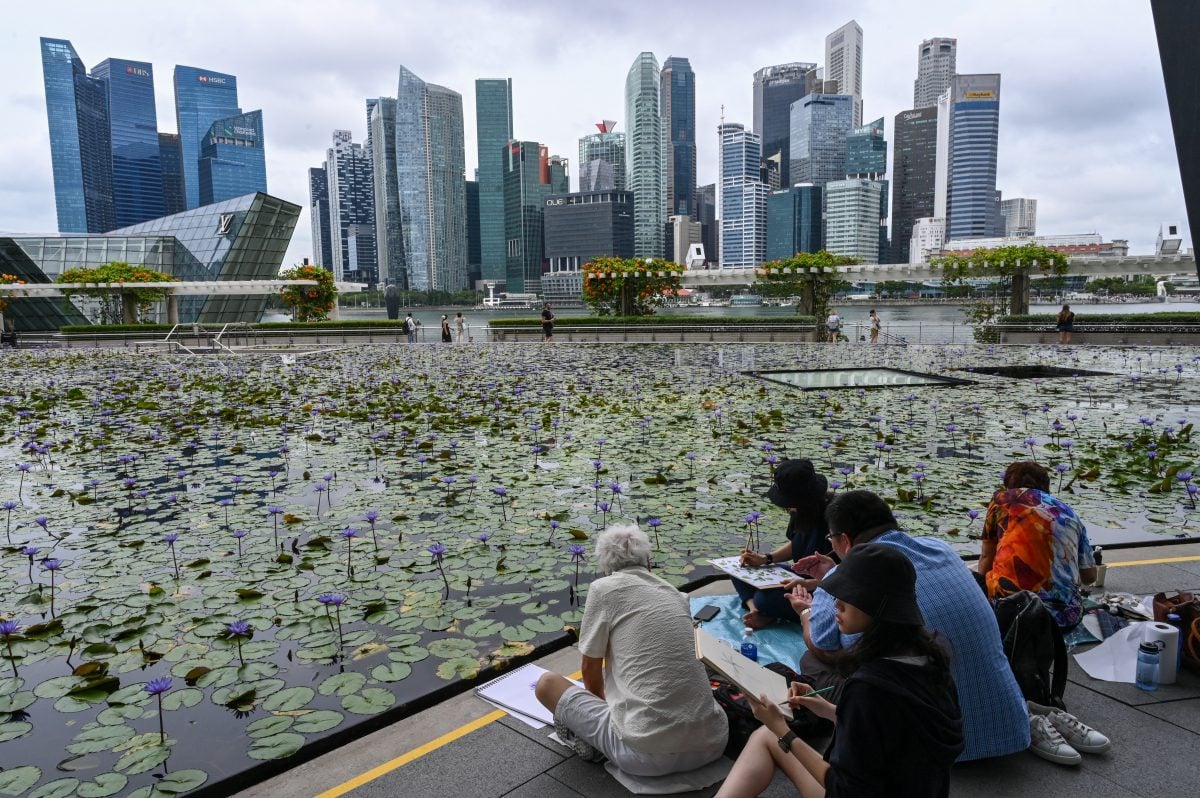Africa joins the race to tap into Singapore’s urban design expertise
Singaporean companies are increasingly active in urban planning, smart cities and sustainable building design.
August 21st, 2025
Of all Singapore’s achievements, perhaps the most extraordinary is its success in turning what was a poverty-stricken colonial port city into one of the world’s most modern urban centres. Any visitor to Singapore will quickly appreciate the scale and efficiency of its public transport system, the relative lack of traffic congestion, and its ingenious use of limited space. Singapore has managed to squeeze six million people onto its small island, and found room for world class port facilities, a huge international airport, large-scale industrial zones, and even extensive defence infrastructure – all while preserving vast swathes of tropical greenery.
Singapore’s status as one of the world’s most modern and liveable cities has attracted admiration from around the world. Many cities have attempted, with mixed results, to emulate what Singapore has achieved with innovative urban design and planning.
And in recent years Africa has joined the race to tap into Singapore’s urban design expertise. “Across Africa, the majority of the countries would like to emulate Singapore in our journey of having gone from a third world country to a first world nation in the span of one generation,” says Rahul Ghosh, global markets director for the Middle East and Africa at Enterprise Singapore. “We are a natural partner to Africa.”
Rwanda master plans
While challenges differ from city to city in Africa, the reality is that the continent’s large urban areas present a dramatic contrast with Singapore. There is little public transport other than informal minibuses in many African metropolises. All the continent’s megacities suffer from massive, unplanned sprawl. And, across Africa, flooding and other environmental problems are worsening as precious green space is swallowed by development.
Africa’s urbanisation challenges will only grow, with the continent’s urban population set to double from 700m to 1.4bn by 2050. Against this backdrop, it is no surprise that African cities are looking to Singapore for help.
Ghosh notes that Singapore’s involvement in urban design in Africa has come about partly through government agencies introducing Singaporean companies to opportunities to address demand in Africa. “Many companies are proactively looking to diversify, and hence Africa becomes a market they’d like to target,” he adds.




